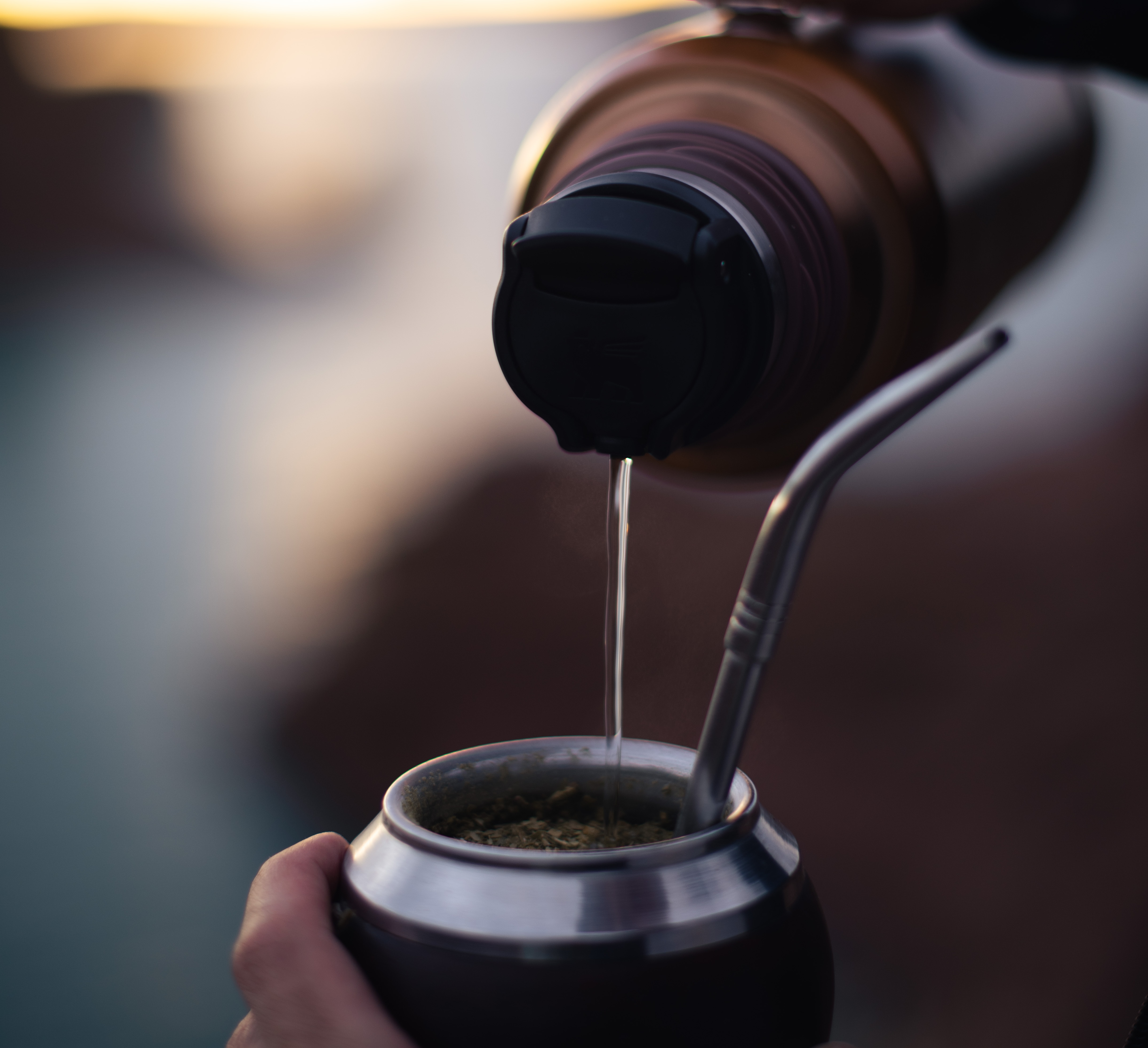Introduction
Yerba mate, a popular South American beverage made from the leaves of the Ilex paraguariensis plant, has been consumed for centuries for its purported health benefits and stimulating properties. However, some individuals have reported experiencing dehydration when consuming yerba mate. This has led to a debate on whether this dehydration is due to the caffeine content in yerba mate or other factors. In this article, we will explore a recent study on the diuretic effects of caffeine, as well as provide insight into the hydration aspect of yerba mate consumption.
The Study 1
To investigate the relationship between caffeine and dehydration, a study 1 was conducted, which primarily focused on caffeine’s diuretic effects. The study’s results and conclusion provide valuable insights into whether yerba mate can be linked to dehydration.
Results
The study found that acute ingestion of caffeine in large doses, specifically over 250-300 mg (equivalent to 2-3 cups of coffee or 5-8 cups of tea), does result in a temporary increase in urine output. This effect is more pronounced in individuals who have been deprived of caffeine for days or weeks. However, it is important to note that tolerance to the diuretic effects of caffeine develops over time, and regular consumers of caffeine, such as those who drink tea or coffee, experience diminished diuretic actions.
Moreover, the study concluded that doses of caffeine equivalent to what is typically found in standard servings of tea, coffee, or carbonated soft drinks do not have a significant diuretic effect. In other words, the caffeine in these common beverages does not lead to a substantial increase in urine output.
Conclusion
Based on the study’s findings, it becomes clear that caffeine itself is not a major culprit when it comes to dehydration. Instead, the diuretic effect of caffeine is mainly associated with the consumption of caffeine in large quantities, especially after a period of caffeine deprivation. It is also important to emphasize that regular caffeine consumers build up a tolerance to these diuretic effects, which diminishes their impact over time.
Applying this knowledge to yerba mate, we can conclude that the caffeine content in yerba mate is unlikely to be a significant contributor to dehydration. The amount of caffeine typically found in yerba mate is not substantially different from what is found in tea or coffee, which, as mentioned, has no noteworthy diuretic action when consumed in standard servings.
Conclusion: Hydration is Key
Ultimately, whether you experience dehydration due to insufficient water intake or the consumption of diuretic drinks like yerba mate, the solution is the same: prioritize proper hydration. Drinking enough water is essential for maintaining good health and avoiding dehydration. The key takeaway here is that there is no clear basis for avoiding caffeine-containing beverages, like yerba mate when it comes to maintaining proper hydration. When in doubt, drink more water, and even when not in doubt, continue to stay adequately hydrated.
In conclusion, the belief that yerba mate, or caffeine in general, significantly contributes to dehydration appears to be unsubstantiated by scientific evidence. The responsibility for maintaining proper hydration ultimately falls on the individual, and making water consumption a priority is crucial for overall health and well-being. So, if you enjoy yerba mate, feel free to indulge in moderation while staying mindful of your hydration needs.
